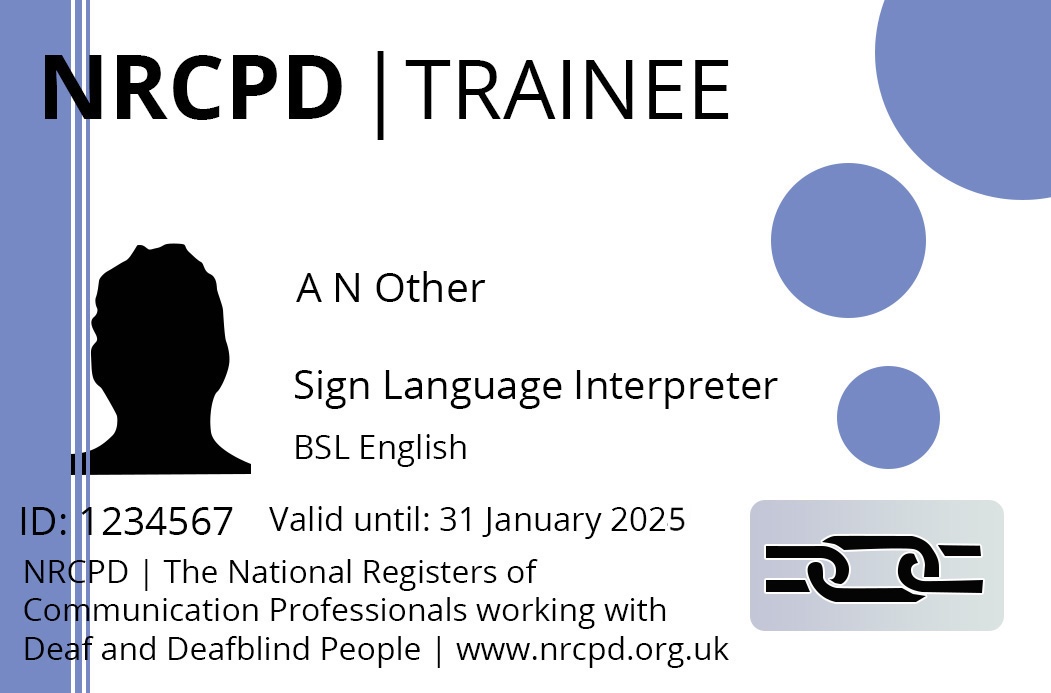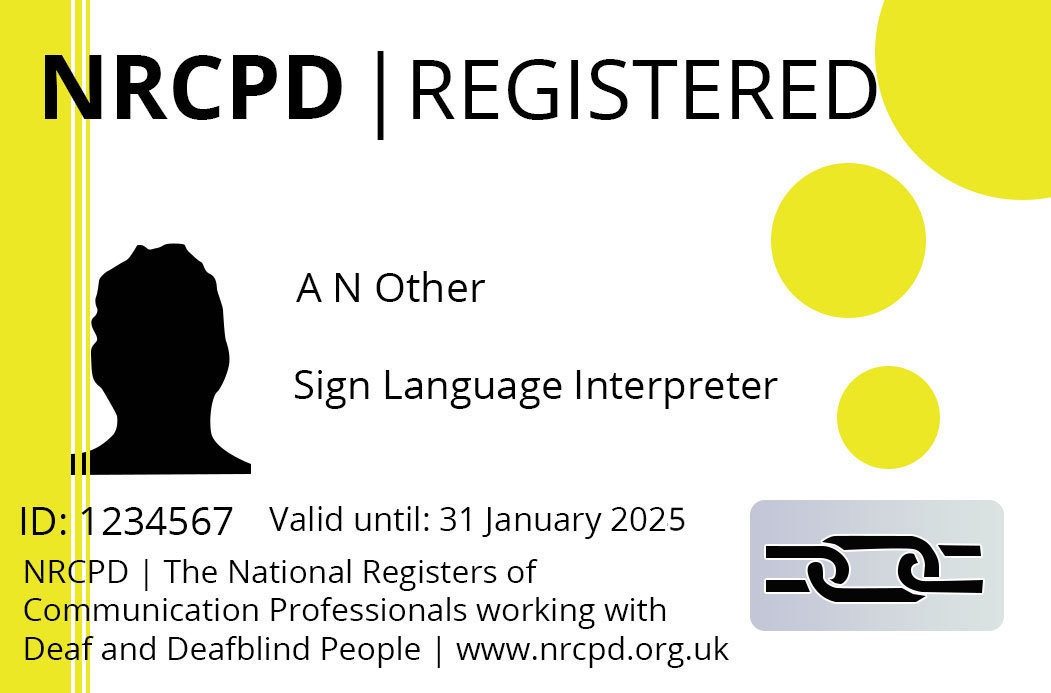Menu
British Sign Language (BSL) is the sign language used in the UK, and is the first or preferred language of some deaf people. BSL was recognised by the Government as a language in its own right in March 2003. BSL is the first or preferred language of an estimated 70,000 Deaf people in the UK. BSL is a visual-gestural language, with its own grammar and principles, which are completely different from the grammatical structure of English. Our director Lesley Weatherson is a qualified BSL Interpreter.
Sign language interpreters transfer meaning from one spoken or signed language into another signed or spoken language. Interpreters will use their skill and knowledge of the two languages, and their understanding cultural differences between those for whom they are interpreting, to transfer a message in one language into the other language.
Photo credit: Emma Dawber RSLI
BSL Interpreters must hold a DBS check, must have an advanced knowledge of English and BSL and must be able to process information quickly and accurately.
BSL Interpreters can apply to become a “Member of the Register of Sign Language Interpreters” (MRSLI). This status allows an interpreter to work in all settings. Even once MRSLI status is achieved, however, an interpreter is required to undertake Continuous Professional Development and when available, specialist training to work in specific domains.
The Association of Sign Language Interpreters www.asli.org.uk and Visual Language Professionals www.vlp.org.uk provide a network of regional groups, professional development opportunities and mentoring schemes. They represent the sign language interpreting profession in England, Wales and Northern Ireland sitting on advisory committees and having strong links with the NRCPD.
BSL Interpreters are qualified and registered with either the Scottish Association of Sign Language Interpreters (SASLI) or the National Registers of Communication Professionals working with Deaf and DeafBlind people (NRCPD). They follow a Code of Conduct, have an up to date Disclosure and Barring Service (DBS), hold Professional Indemnity Insurance (PII) and are subject to a complaints procedure.


When making a booking please provide the following:
